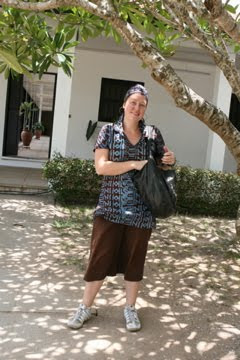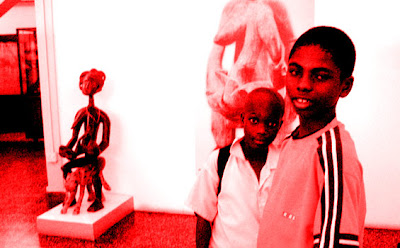If you have any ideas on how to improve the continent, now is the time to put them on paper. UNESCO is calling for “ideas” to be presented in Paris in mid-June, see this call for 10 ideas for Africa.
The way to go about is it to choose a topic (UNESCO have provided the 10 to chose from, see below) and brainstorm out of there. I was most interested in Topic 1, 2 and 3 as they relate to my interests – new information technologies, policy and leadership, migration.
Each proposal is expected to develop one idea which would amplify the positive effects and reduce, or contain, the negative impacts of the major trends observed in Africa on one of the 10 following topics:
Topic 1: Economy and Development (Environment, Food Security, New Information and Communication Technologies…)
Topic 2: Governance, Policy, Institutions, Leadership
Topic 3: Regional Integration, Population, Migration, Urbanization
Topic 4: Cultural Identities (Languages, Religions…)
Topic 5: Youth
Topic 6: Human Rights, Gender and Justice
Topic 7: Diaspora
Topic 8: Peace, Security and Conflict
Topic 9: Health, Education and Social Development
Topic 10: International Relations
It seems like the perk for writing down your idea in less than 1000 words is the trip to Paris. Yeah, and a venue for spreading your BEST IDEA for THE CONTINENT!
Deadline is April 30th 2010.
What Topic would you choose?







